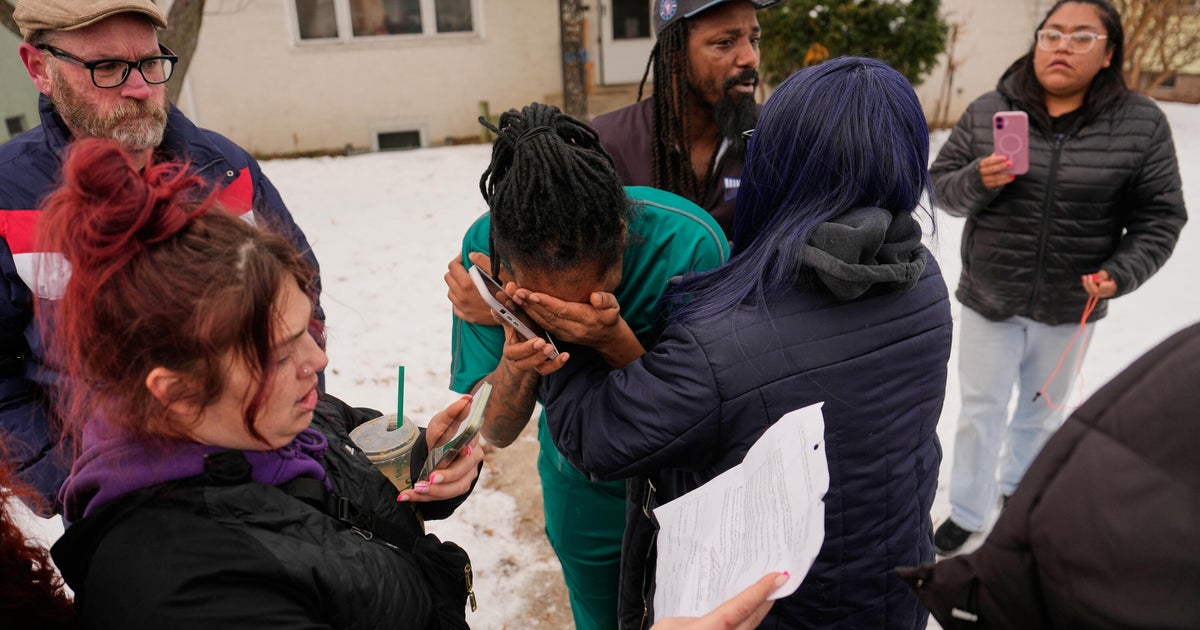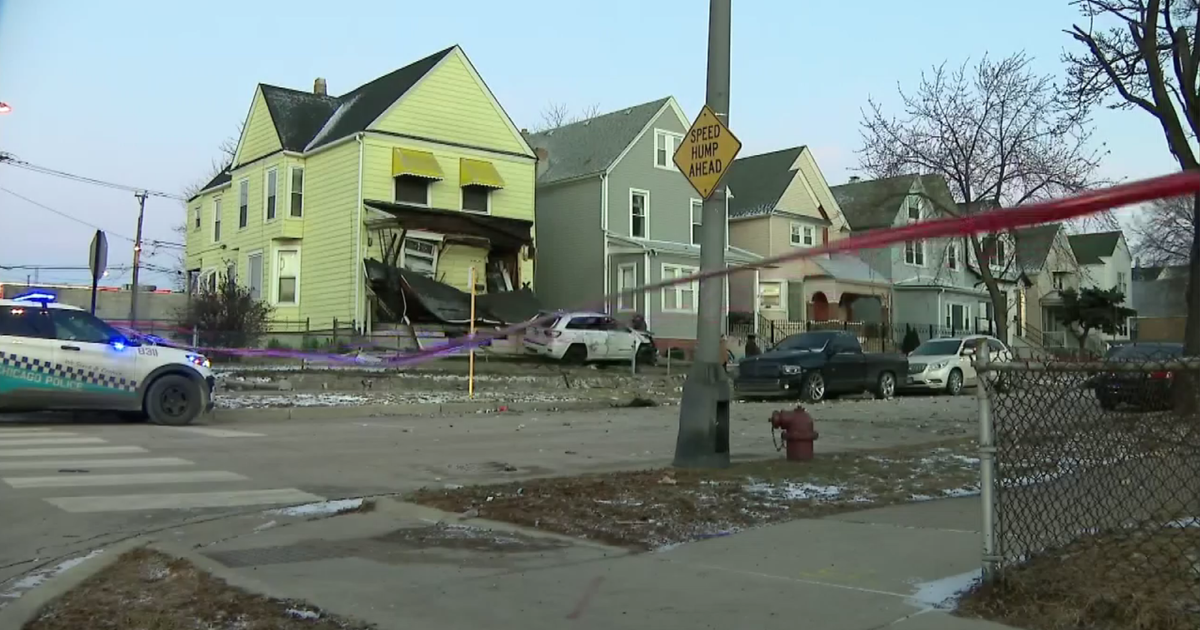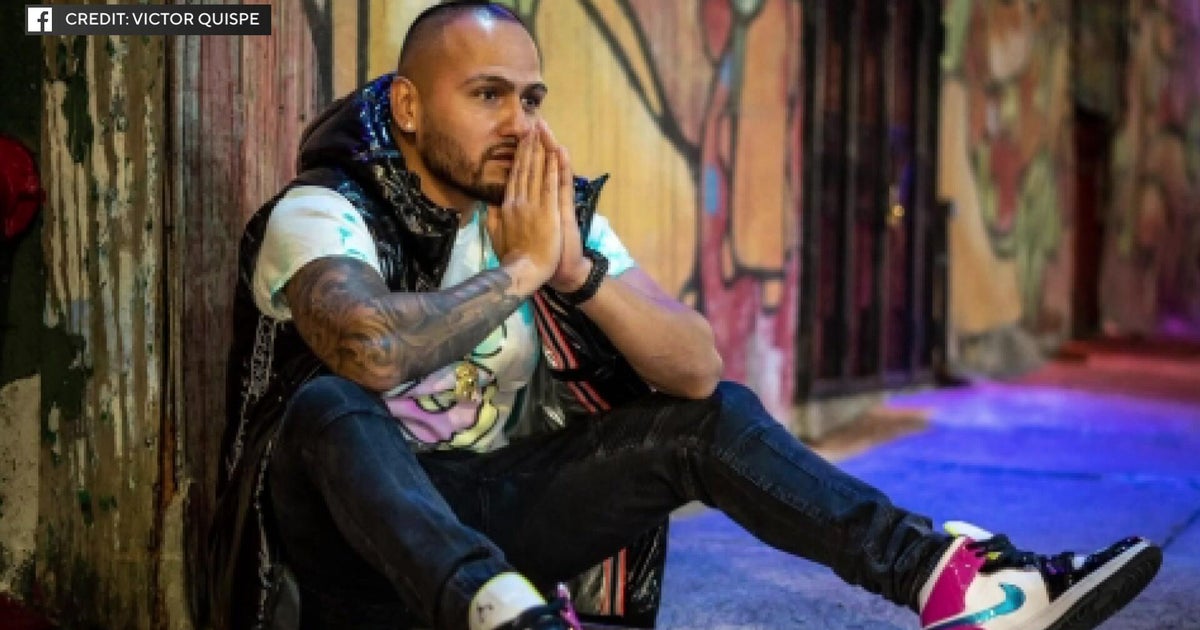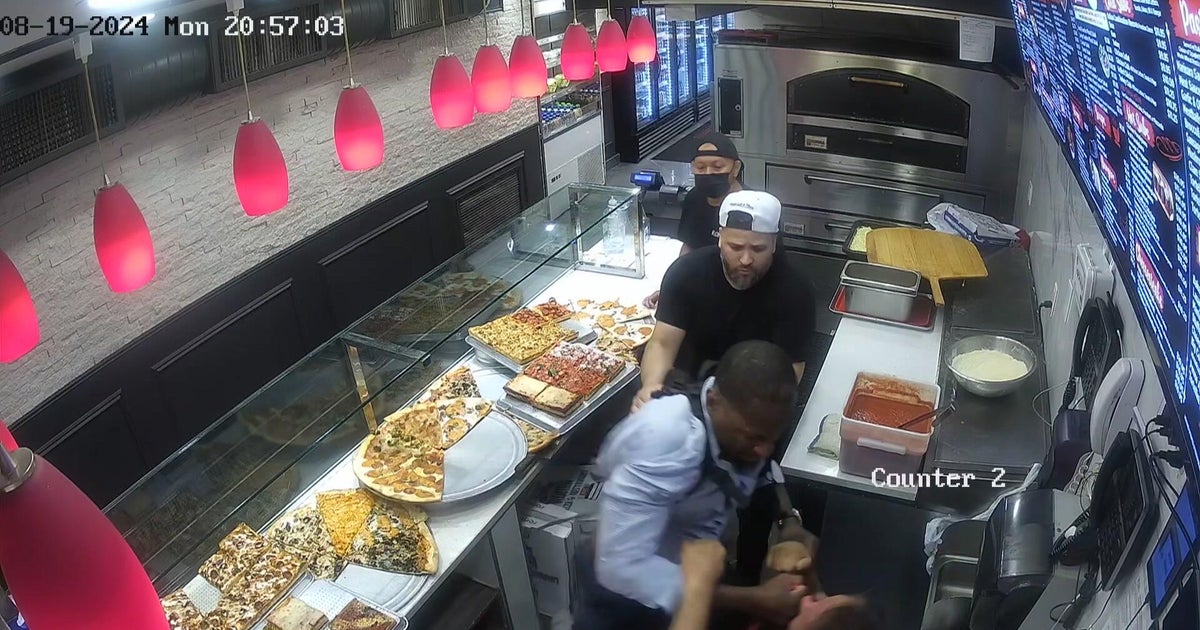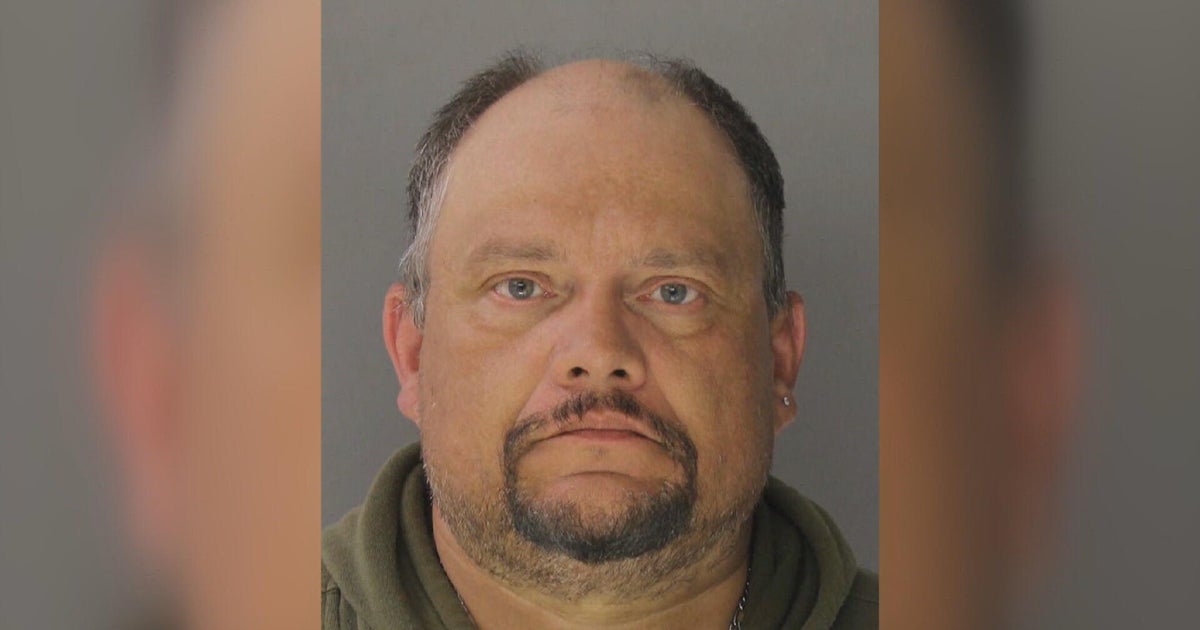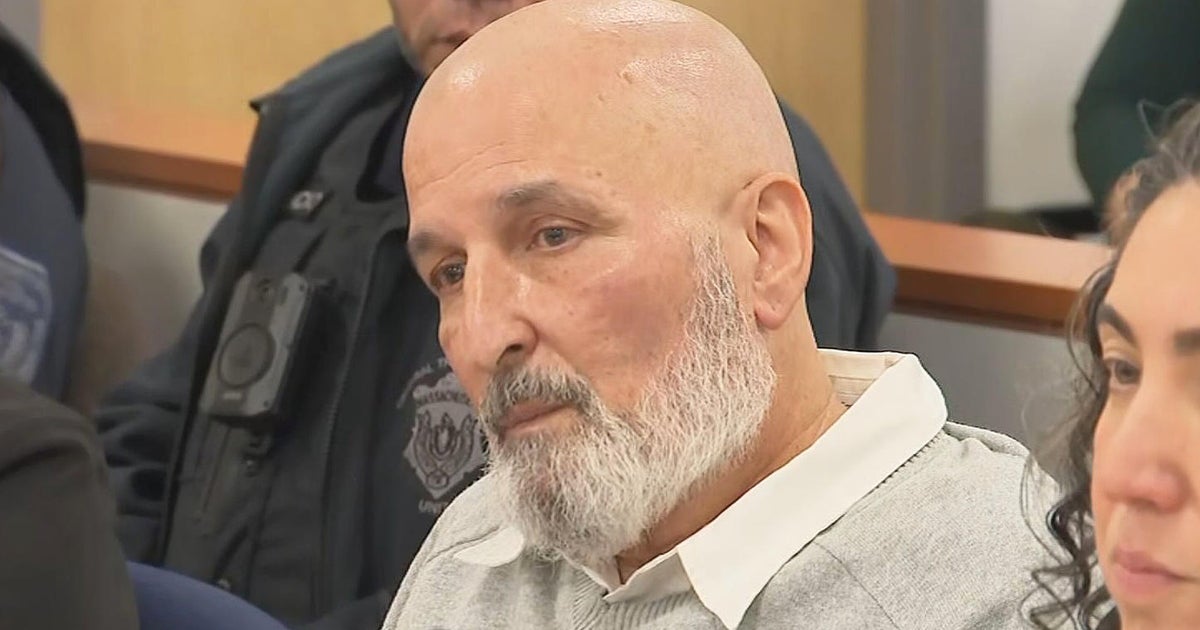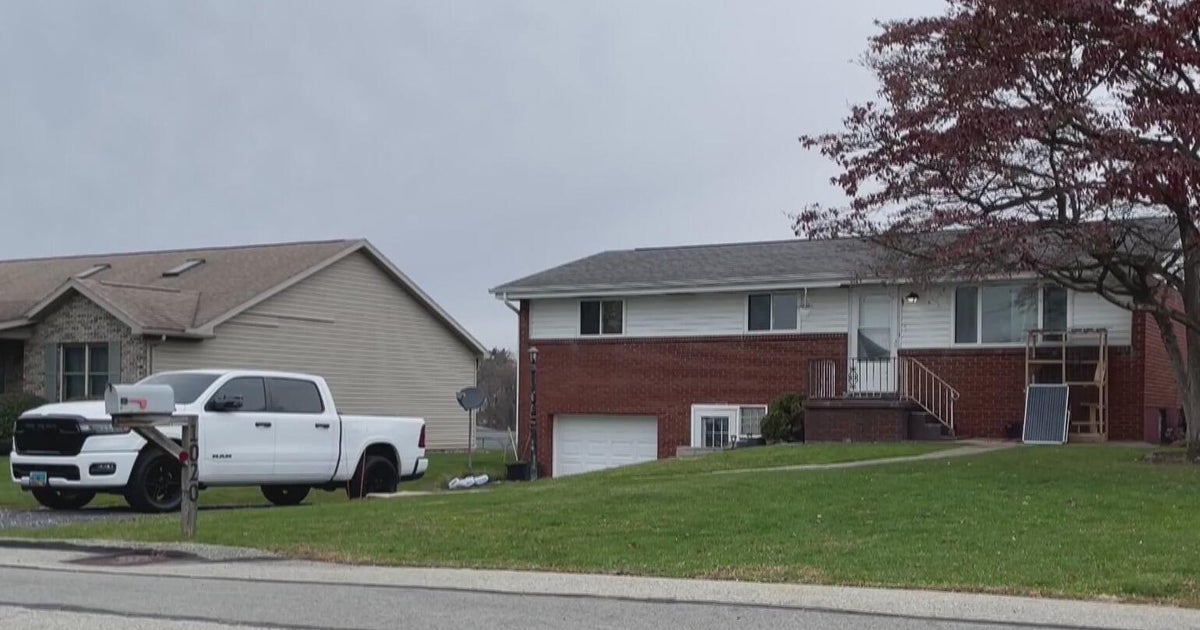Joshua Komisarjevsky Sentenced To Death In CT Home Invasion
NEW HAVEN, Conn. (CBSNewYork/AP) -- A Connecticut jury condemned a man to death Friday for killing a woman and her two daughters during a night of terror inside their Cheshire home, rejecting defense attorneys' request to spare his life in light of the abuse he suffered as a boy.
The jury deliberated over the span of five days before returning the verdict against Joshua Komisarjevsky, who will join his accomplice Steven Hayes on Connecticut's death row. Komisarjevsky had no visible reaction.
The two paroled burglars tormented a family of four in the New Haven suburb before killing Jennifer Hawke-Petit and leaving her daughters, 17-year-old Hayley and 11-year-old Michaela, to die in a fire.
The only survivor, Dr. William Petit, was beaten with a baseball bat and tied up but managed to escape. He appeared calm as the verdict was pronounced, his eyes blinking rapidly and his hand clenched in a fist on the seat in front of him. He later bowed his head and closed his eyes.
The sentencing verdict concluded two lengthy trials that subjected jurors to grim evidence including charred beds, rope used to tie up the family and autopsy photos. The crime in the affluent suburb in 2007 drew comparisons to the one described in Truman Capote's "In Cold Blood," led to the defeat of a bill to abolish the death penalty in Connecticut and sparked tougher state laws for repeat offenders and home invasions.
In closing arguments, a prosecutor said the two men created "the ultimate house of horrors" by inflicting extreme psychological and physical pain on the victims that amounted to torture.
"It was shockingly brutal. It was evil. It was vicious," prosecutor Gary Nicholson said.
Before the verdict was announced, defense attorney Walter Bansley said his client was prepared for a death sentence.
"He's very accepting," Bansley said. "He's been realistic from the beginning and he understood that public sentiment is very much against him."
Komisarjevsky will join 10 other men on Connecticut's death row. The state has executed only one man since 1960, and the 31-year-old Komisarjevsky will likely spend years, if not decades, in prison.
The same jury that convicted Komisarjevsky heard 20 days of testimony from defense witnesses including psychologists, his parents and his sister. In arguing for a life sentence, his lawyers said his ultra-religious family never got Komisarjevsky proper psychological help after he was repeatedly sexually abused as a child by his foster brother.
"The only option he ever had was to go through life damaged," Bansley said in his closing argument.
Hayes was convicted last year of raping and strangling Hawke-Petit and killing the girls. The girls died of smoke inhalation after they were tied to their beds and doused in gasoline before the house was set ablaze. Komisarjevsky was convicted Oct. 13 of the killings and of sexually assaulting Michaela.
Komisarjevsky admitted in an audiotaped confession played for the jury that he spotted Hawke-Petit and 11-year-old Michaela at a supermarket and followed them home. After putting his daughter to bed, he and Hayes returned to the Petit house in the middle of the night to rob it.
In the morning, Hayes brought Hawke-Petit to a bank to withdraw money, promising her no one would be hurt if she complied. Komisarjevsky took cellphone pictures of Michaela while she and Hayes were out.
The men, who blamed each other for escalating the crime, were caught fleeing in the family's car.
Komisarjevsky did not testify during his trial but objected unsuccessfully to an effort by his attorneys to play a videotaped interview of his 9-year-old daughter. Speaking outside the presence of the jury, he said he didn't want his daughter to feel compelled to help "one of the most hated people in America."
The defense focused heavily on the family's evangelical Christian religion and on Komisarjevsky's mental health. The family's church believed that the end of the world was near and that outsiders were potential agents of the devil, according to testimony.
Komisarjevsky told a defense psychologist that he was repeatedly sexually abused by his foster brother from ages 4 to 6 and burned with a cigarette. He also said he was raped as a teenager by someone he trusted.
Prosecutors said those claims emerged years later when he faced prison time for 19 nighttime residential burglaries committed a decade ago.
Komisarjevsky was hospitalized when he was 15 after setting a vacant gas station on fire. He was having homicidal thoughts about his father and had upside-down crosses on his arms and a marking declaring Jesus is dead, according to a hospital evaluation. The hospital wanted to put him on Prozac and other treatment, but his parents were uncomfortable with medication and sent him to a religion-based treatment program in Vermont, where he claimed to hear voices telling him to kill himself.
Komisarjevsky also claimed as a teenager to have seen a demon with glowing eyes in his room. His mother called church leaders to intervene and pray to remove the demon.
Komisarjevsky's sister testified that he sexually abused her for years.
He suffered from a mood disorder since he was about 9 that included bouts of profound depression, according to a defense psychiatrist.
Prosecutors emphasized that Komisarjevsky's parents provided him a good home, mentors, vacations, values and mechanical skills he would later use in the construction trade. They said Komisarjevsky's rape claims emerged years later when he faced prison time for 19 nighttime residential burglaries he committed a decade ago.
Jurors were flooded with photos of Komisarjevsky as a baby, young boy and with his daughter. Prosecutors objected and at one point Judge Jon Blue suggested it was "overkill."
The defense tried to show that Komisarjevsky has redeeming qualities, noting he won custody of his daughter when he was briefly out of prison, did well at a construction job and was known to volunteer to help others as a teen who toured with a Christian singing group.
His family and other witnesses described him as remorseful and in shock over his role in the crime. Prosecutors tried to raise doubts about his remorse, noting he blamed Petit, the only survivor, for not doing more to help his family even though Komisarjevsky had beaten him with a bat and tied him up.
Do you think he deserved the death penalty? Sound off in the comments section below!
(TM and Copyright 2011 CBS Radio Inc. and its relevant subsidiaries. CBS RADIO and EYE Logo TM and Copyright 2011 CBS Broadcasting Inc. Used under license. All Rights Reserved. This material may not be published, broadcast, rewritten, or redistributed. The Associated Press contributed to this report.)
